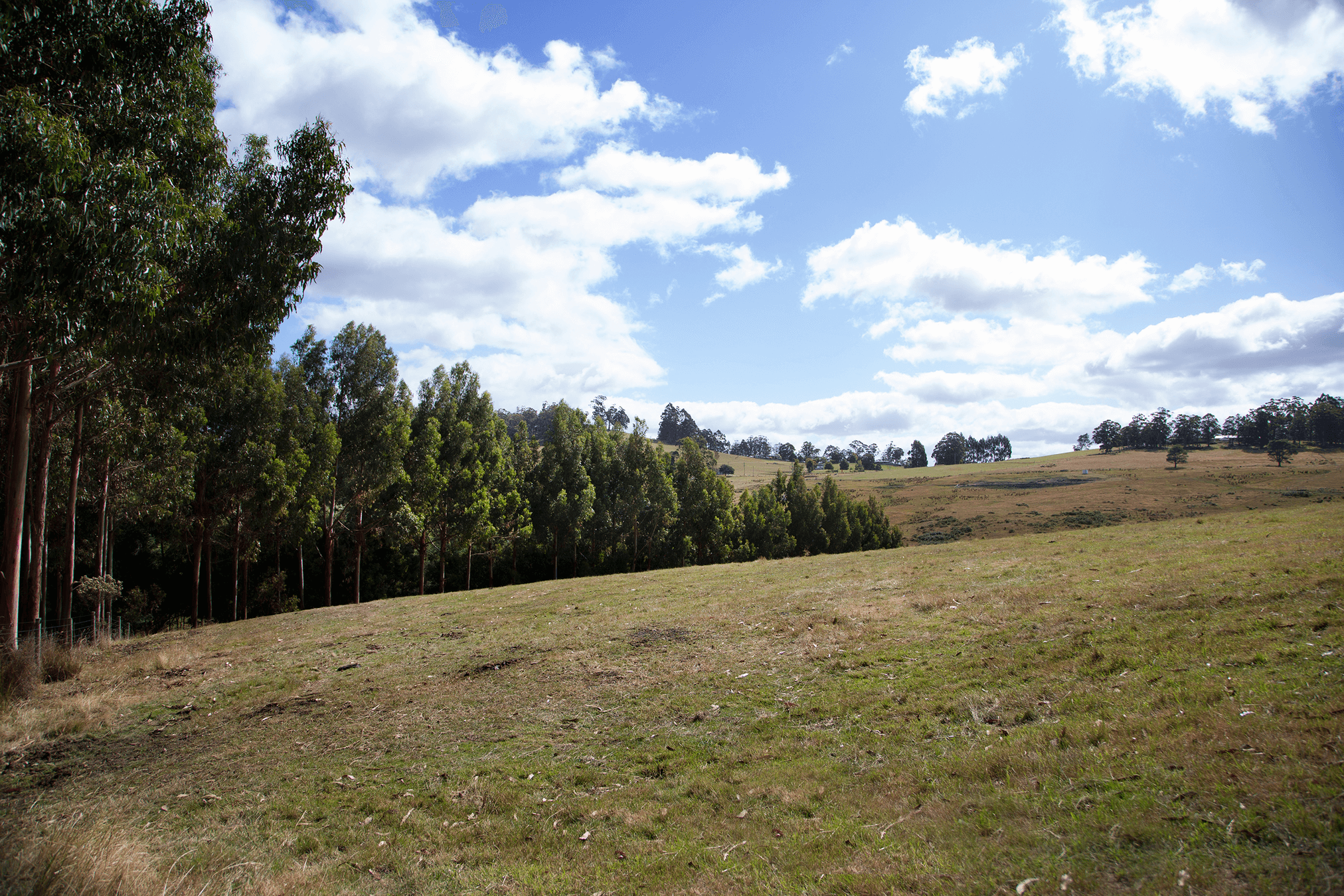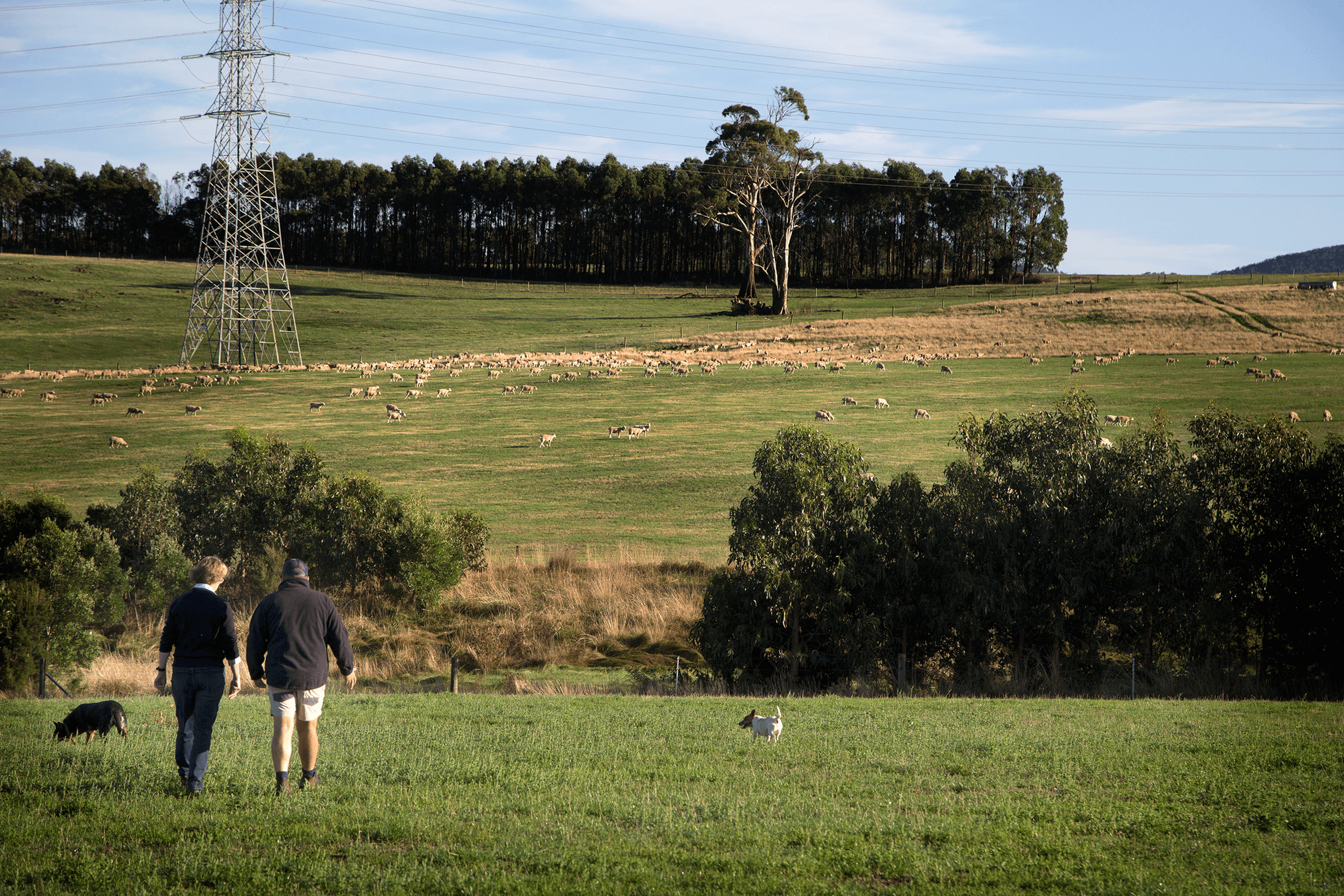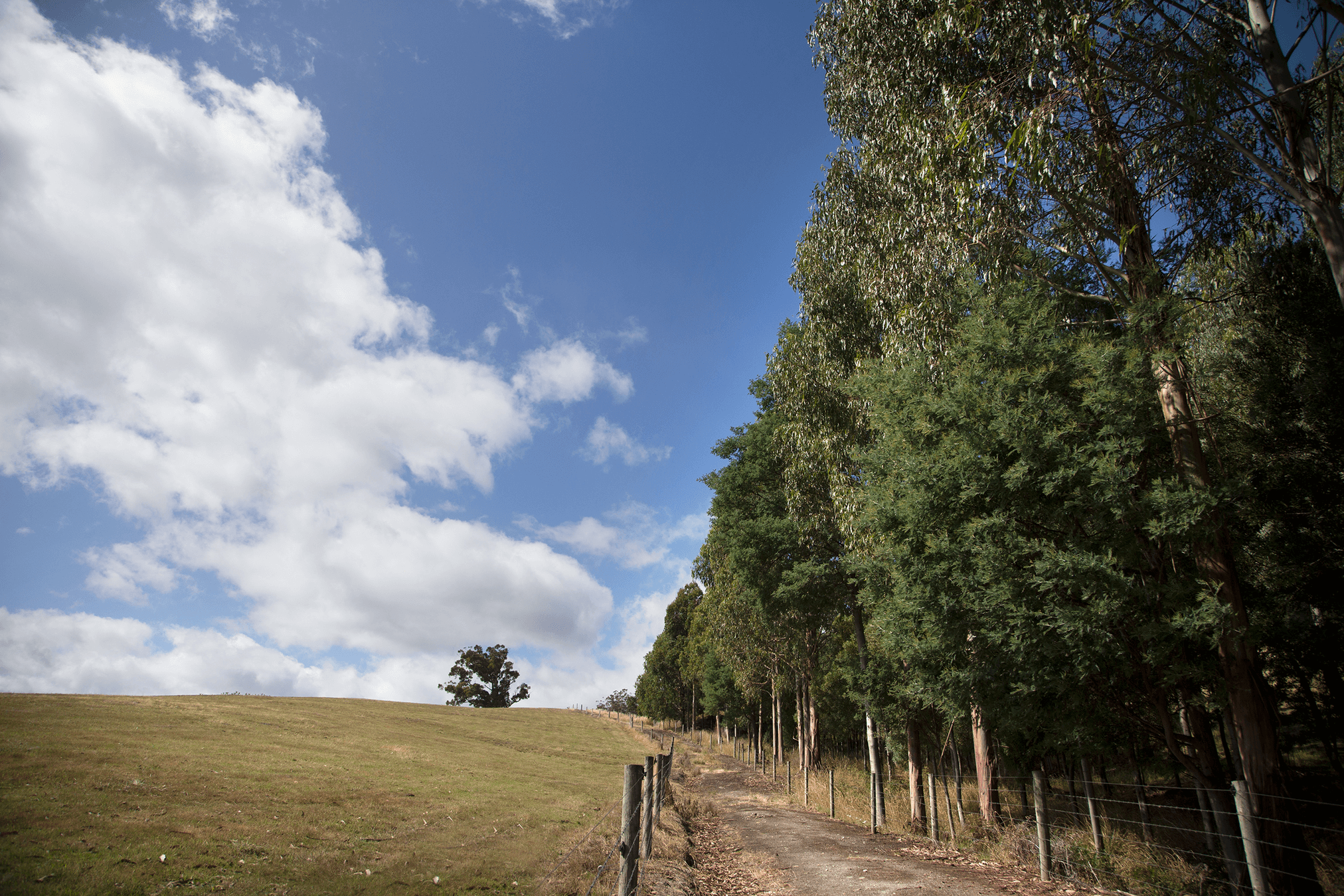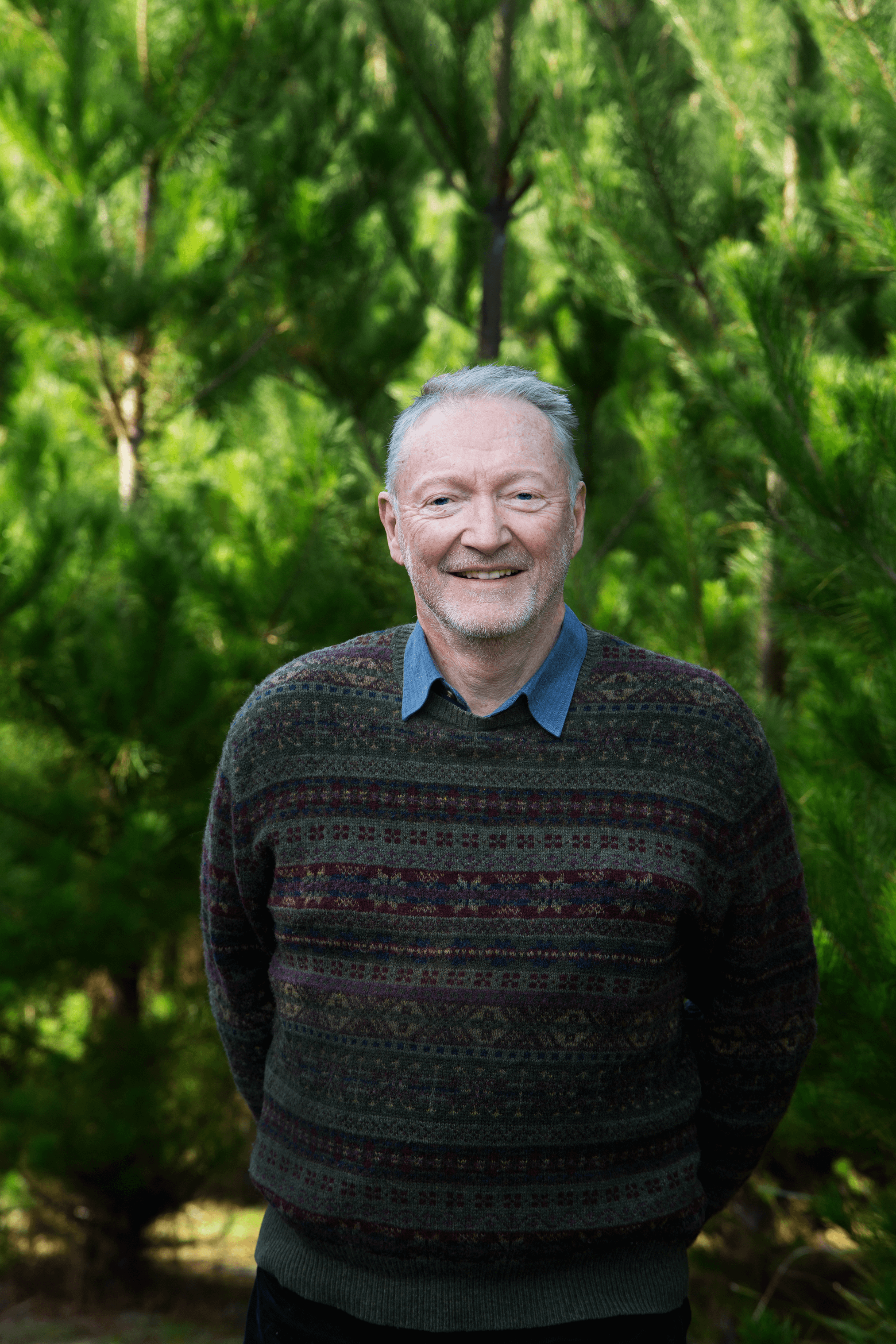Matching corporate investment with potential growers, Tasmania’s customised approach to help grow the future
Private forests are the dominant source of forest products, providing more than half of Tasmania’s annual wood harvest. The bulk of that supply comes from private plantations, managed largely for wood fibre production and export. The future growth potential for wood resource in Tasmania is likely limited to rural private properties but is nevertheless significant. With the global demand for timber expected to quadruple by 2050, every hectare of land counts. Private Forests Tasmania will be releasing a Matching Project, aiming to connect investors with farmers and landowners to create not only a win for each party, but our environment as we try and help reach our nation’s objective of 1 billion trees planted by 2030.

In response to this lofty goal, PFT’s Farm Forestry Engagement Plan has the stated objective of facilitating the planting of more trees on farm each year. Investment will play a key role in the future development of the industry, particularly in growing trees, value added processing, the commercial application of new technologies and connecting investors with landowners. Facilitating this project is Dr. David Monckton, Investment Manager at Private Forests Tasmania.
A sustainable relationship
The objective of this project is to identify a suite of practical financial mechanisms that could most cost effectively expand farm forestry in Tasmania. This will potentially include matching corporate investors with private forest landowners. Monckton explains why this is so important.
“We’ve identified a real need to connect investors with farmers. Farmers often have limited resources and if they have any spare cash, chances are it’s not being spent to put trees in the ground. But if we match the right investor with the right farmer and create a lasting relationship, there would be a number of beneficiaries in putting trees in the ground,” explains Monckton.
“We’ve had joint ventures in the past, but they haven’t always persisted due to different interests. We need to develop models that are clear and obvious to everyone to ensure sustainability,” says Monckton.

Benefits for farmers and land owners
For private land owners and farmers, planting trees in the right place on farms can increase farm productivity, improve water quality and efficiency, improve the carbon balance and protect the land for the future, all benefits which Monckton explains would have a positive impact on farmers.
“Shelterbelts have the greatest benefits to farmers because they protect the property from wind, assist with moisture retention in the soil and greater growth in pasture crops. We’ve found this in past Tasmanian studies, showing that farmers make a net gain. Farmers also get an improved property value from aesthetics and potential increase in income if the timber is chosen to be harvested. It’s a no brainer,” says Monckton.

Dispelling negative perceptions
The message to get trees planted on farms and private land is not new. With various schemes being implemented in the past that have adverse outcomes for some, Monckton explains that while he understands there may be some negative perceptions, this Matching Project is not pushing an industry line.
“We need to debunk the negative perceptions in the tree growing landscape. People’s fingers have been burnt in the past. This project works and communicates with the farmer and takes a holistic perspective with honest and transparent objectives working in with the farmer’s own objectives.”
With several stakeholders involved to execute a positive outcome, Monckton explains that Private Forests Tasmania is a logical facilitator for the project.
“PFT is the statutory body, and honest broker with no investment return. We are here to encourage planting trees for all parties, who everyone can trust. While we may not provide commercial advice, we can point farmers to consultants and offer a list of credible names for professional help and advice.”

Benefits for investors
While farmers may be one of the key players in the Matching Project, investors are key to the success of this plan and getting trees in the ground. The project will seek specific opportunities and funding mechanisms to encourage new commercial tree plantings on private property, targeting direct investors (such as super funds) and passive (such as carbon investors) and the forestry industry (growers, processors). Each will require specific targeted approaches together with PFT to create strategies and supporting policies to find matching opportunities with mutual benefit. Communication with these groups will involve research and consultation to understand their strategic goals and where commercial tree planting can have mutual benefits. This information will then be used to develop opportunities with collaborating parties for landowners to establish commercial tree plantings.
“There’s a wide range of investor benefits. Whether you’re a superfund or bank considering putting money behind trees to a carbon investor seeking an offsetting program by putting trees in the ground to timber processor looking to expand your resource, this program will be able to match you with a landowner that will also align with what your objectives are. This program is not a one size fits all but a completely customised approach,” says Monckton.
Ensuring that this project is meeting the interests of all parties involved, Monckton says all stakeholder groups will be involved throughout the process.
“We’re setting up a steering group of people from PFT, the forestry industry, landholder organizations and potential investors to help guide this project and act as a sounding board for what’s going on to make this a workable program to be continued into the future.”